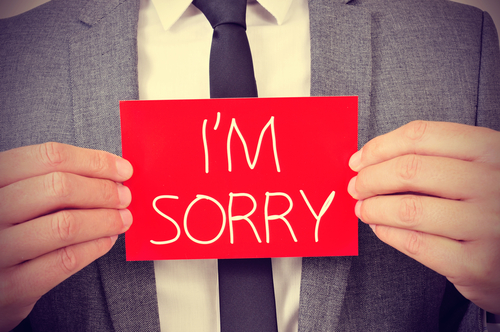Justices Consider Patentability of Speed Dating and Horse Whispering
Justice Stephen G. Breyer says he has a “great, wonderful, really original method of teaching antitrust law”—it keeps 80 percent of his students awake. Can the method be patented? he asked in oral arguments yesterday.
The hypothetical was one of several bandied about as the U.S. Supreme Court heard oral arguments on whether patents can be issued for business methods that aren’t tied to a machine or don’t involve a physical transformation.
In Bilski v. Kappos, justices suggested hypotheticals “that they clearly found ludicrous,” the New York Times reports. According to the National Law Journal, some of the justices’ comments in the long-awaited argument “bordered on the derisive.”
Justice Stephen G. Breyer says he has a “great, wonderful, really original method of teaching antitrust law”—it keeps 80 percent of his students awake. Can the method be patented? he asked in oral arguments yesterday.
The hypothetical was one of several bandied about as the U.S. Supreme Court heard oral arguments on whether patents can be issued for business methods that aren’t tied to a machine or don’t involve a physical transformation.
In Bilski v. Kappos, justices suggested hypotheticals “that they clearly found ludicrous,” the New York Times reports. According to the National Law Journal, some of the justices’ comments in the long-awaited argument “bordered on the derisive.”
Justice Antonin Scalia was among the justices who appeared skeptical of arguments on behalf of two patent seekers, Rand Warsaw and Bernie Bilski, the Washington Post reports. The two men hope to patent their mathematical method of hedging that allows utility companies to offer uniform energy bills to consumers.
“Let’s take training horses,” Scalia said. “Don’t you think that some people, horse whisperers or others, had some, you know, some insights into the best way to train horses? And that should have been patentable on your theory.”
Scalia also wondered about the possibility of a patent for a book on how to win friends and influence people, while Justice Sonia Sotomayor asked about a patent on a method of speed dating, according to the Times.
None of the justices appeared to side with arguments advanced on behalf of Warsaw and Bilski, according to the NLJ. At the same time, “It was not certain that a vote against the Bilski-Warsaw patent would sweep away patents for computer software or medical diagnostics, as some have feared.”
The Washington Post echoed the NLJ’s assessment. “While the justices seemed reluctant to agree with the inventors of the business strategy, they also seemed wary of setting a standard that might deprive inventors of unforeseeable inventions of patent protection,” its story says.



